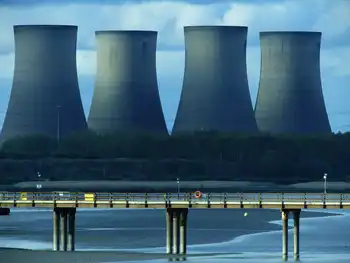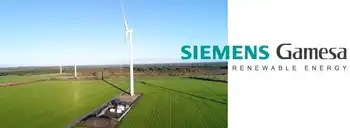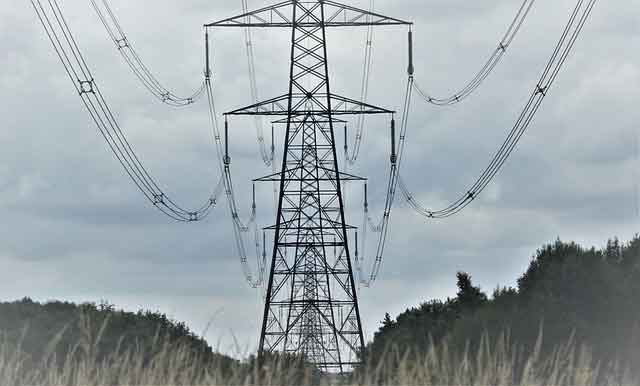Russia to build six nuclear units in India
WEST BENGAL, INDIA - Russia will build six to eight nuclear power generating units at Haripur, in the East Midnapur district of West Bengal, to help India meet its growing energy demand.
The selection of a site for the project has been under discussion for four years, and the Union Environment Ministry of India has finally cleared Haripur as the proposed project site. The project will include a minimum of six and a maximum of eight units, with a combined capacity of 6,000 to 10,000 megawatts (MW). The project site would constitute one of the nuclear energy parks proposed to be developed by India's Department of Atomic Energy (DAE).
The announcement was made by Sergei Kiriyenko, who is head of the Russian State Atomic Energy Corporation (Rosatom).
The Haripur project had attracted massive protests from both political and green activists, but according to DAE Secretary Srikumar Bannerjee, detailed studies had been conducted and were under way to ensure minimal impact on the environment. West Bengal had not been considered as a site for nuclear power generation earlier, as it is in a coal belt and India's national policy dictates that for better economic viability, nuclear projects be set up at least 800 kilometers from coal belts. The decision to set up 10,000-MW energy parks in India has changed the situation to a certain extent.
Five sites for nuclear energy parks have been selected by the DAE. These are Kudankulam in Tamil Nadu, Haripur, Jaitapur in Maharashtra, Kovvada in Andhra Pradesh, and Mithi Virdi in Gujarat. While baseline studies are under way at Kovvada and Mithi Virdi, negotiations between India and French nuclear giant Areva S.A. are in progress for the development of two units at Jaitapur. More units are likely to be added to the final agreements.
Since 2002, Russia and India's state-operated Nuclear Power Corporation of India Limited (NPCIL) have been jointly developing the nuclear power project at Kudankulam. According to agreements signed earlier, Russia will supply fuel for the lifetime of the reactors at Kudankulam. Construction of the first and second VVER-1000 reactor units is in the final stages of completion. The reactors, with a combined capacity of 2,000 MW, are scheduled to be ready for commissioning by the end of 2010. Rosatom will be developing four to six more power generating units at Kudankulam. Discussions regarding the number of units are under way.
India and Russia signed a civil nuclear agreement in December 2009, under which Russia would supply India with advanced nuclear technology and an uninterrupted supply of uranium fuel. The Russian Ambassador to India followed that with an announcement that Russia would help India set up 12 to 14 nuclear power reactors and would willingly transfer enrichment and reprocessing technologies to India.
Setting up the five proposed nuclear energy parks will help India achieve its target of generating 35,000 MW of nuclear power by 2020 and 60,000 MW by 2050. The energy parks would contribute about 45,000 MW, while the rest would be contributed by other installations. Each park would be set up with an investment outlay of about $2.2 billion. The mega-energy parks are proposed to be coastal projects to enable easy transportation of heavy equipment by sea.
While India already has signed bilateral civil nuclear agreements with France, Russia and the U.S., the nation is exploring the possibility of signing a civil nuclear cooperation agreement with South Korea, which is a member of the Nuclear Suppliers Group. President Lee Myung-bak of South Korea will be visiting India this week and the matter is likely to be discussed during his visit.
Related News

Germany shuts down its last three nuclear power plants
BERLIN - Germany is no longer producing any electricity from nuclear power plants.
Closures of the Emsland, Isar II, and Neckarwestheim II nuclear plants in Germany were expected. The country announced plans to phase out nuclear power in 2011. However, in the fall of 2022, with the Ukraine war constraining access to energy, especially in Europe, Germany decided to keep these existing nuclear reactors operating for an additional few months to bolster supplies.
“This was a highly anticipated action. The German government extended the lifetimes of these plants for a few months but never planned beyond that,” David Victor, a professor of…




